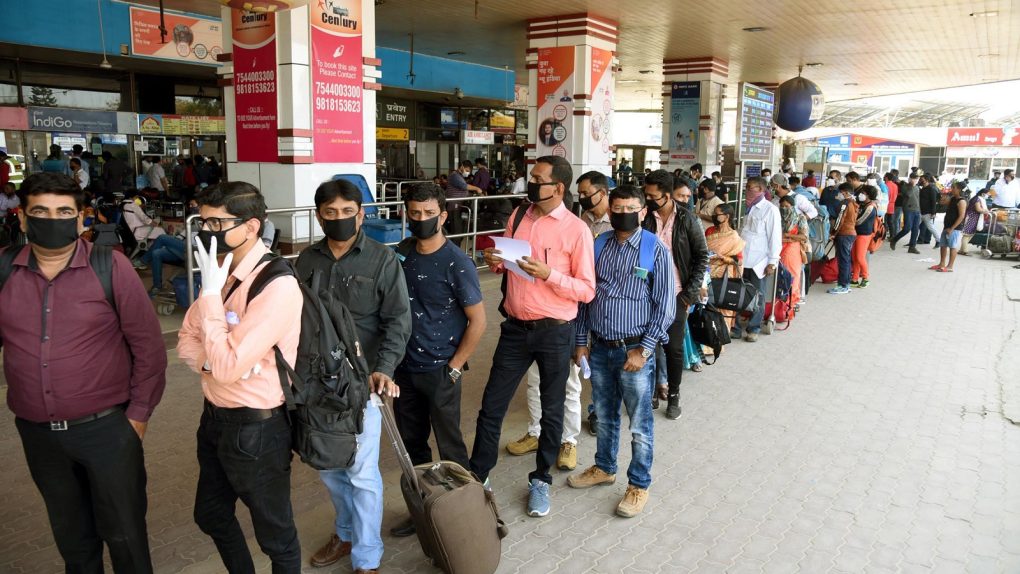- The coronavirus pandemic has cost more lives in the United States than the events of 9/11, with over 3,000 people now having died from their infections.
- Total cases now top 160,000 in the US, and some areas are being hit much, much harder than others.
- Public health experts say social distancing and widespread lockdown are working, but it will take time for things to return to normal.
- Visit BGR’s homepage for more stories.
The novel coronavirus has now claimed more lives in the United States than did the terror attacks on September 11th, 2001. The troubling statistic is one of many tracked by health officials across the nation and is based on reports from state and local government agencies. At least 3,017 people have died as a result of covid-19 in the US since the outbreak began, and over 160,000 cases have been confirmed.
New York has by far the most cases in the country, with nearly 67,000 positive tests and over 1,200 deaths. Monday was the deadliest day for coronavirus patients in the United States, with over 500 deaths reported for the first time in a single 24-hour period.
Deaths have been reported in just about every US state with the exception of Hawaii and Wyoming. As CNN reports, medical professionals across the country are worried that their already-strained healthcare systems will soon be totally overwhelmed by sick patients.
However, despite a rising number of casualties and a tangible sense of fear from coast to coast, there are some positive signs that social distancing and shelter-in-place orders in some states are having their intended effect.
In Washington, public health officials say that community spread of the virus is slowing down noticeably, with the number of new infections resulting from each infected person being nearly cut in half. That’s great news, and will go a long way toward helping to flatten the curve of the pandemic and ensure that local hospitals can handle the influx of patients.
There’s still a lot of work to be done. Minimizing contact with one another is our best bet at slowing the spread of the virus. That means staying home if at all possible and following the advice of public health experts and scientists who are on the front lines of the fight. If you don’t have to leave your home, stay put. It’s really the best thing you can do.
The events of 9/11 left lasting scars and prompted major nationwide changes to boost security. Those changes remain in place today, and it’s not a stretch to imagine that the coronavirus pandemic will ultimately lead to long-lasting changes as well. We won’t have to socially distance forever, but this outbreak is certainly a wake-up call and a troubling reminder of how unprepared we really are for an invisible fight against a microscopic enemy.








